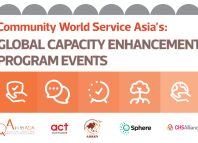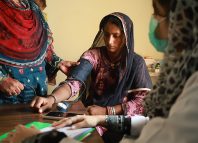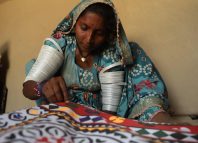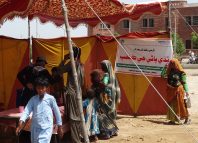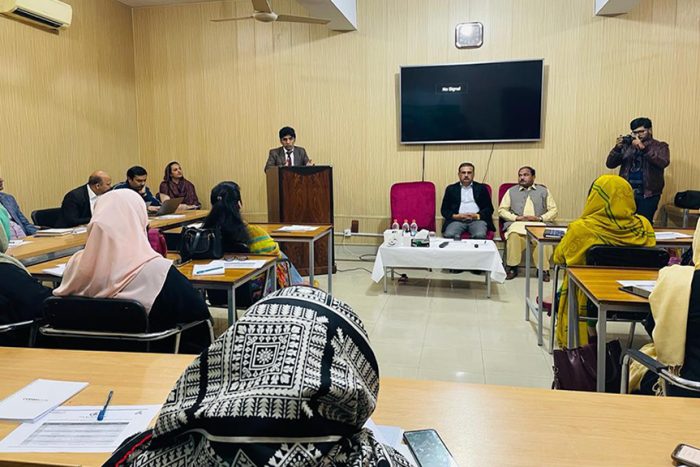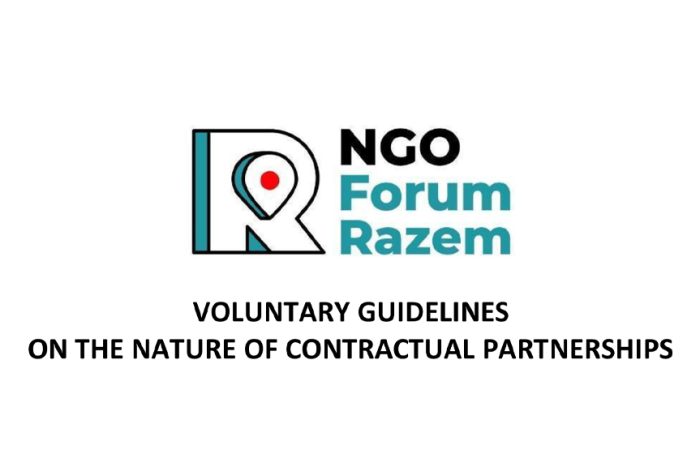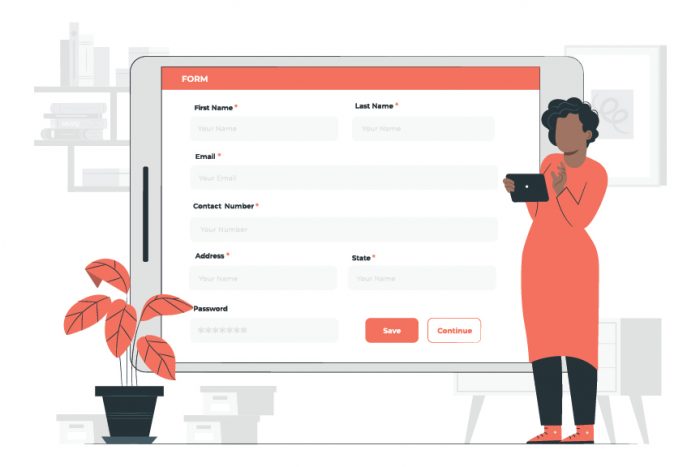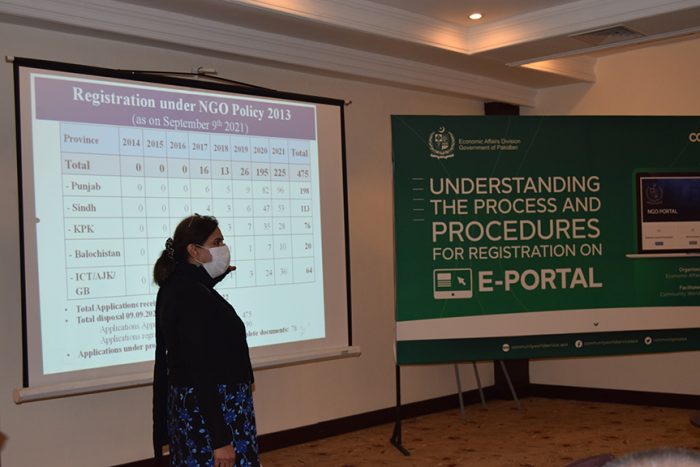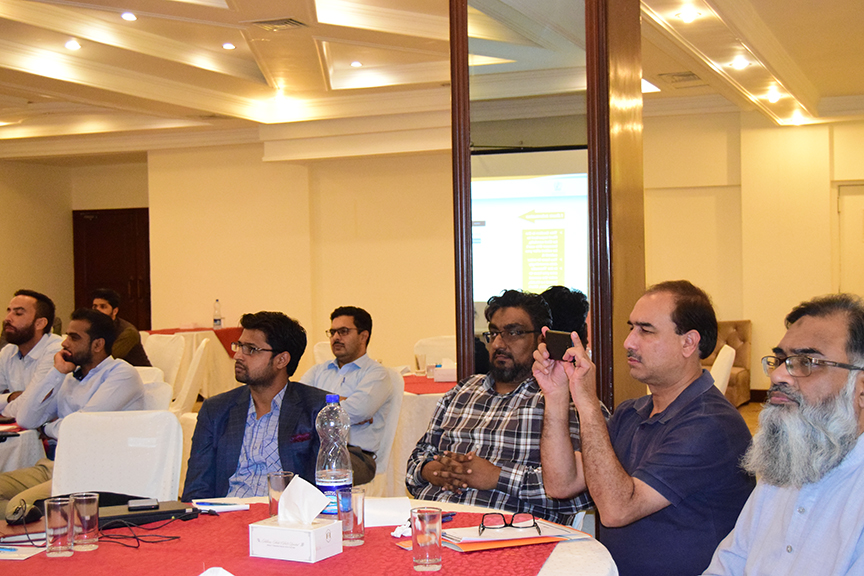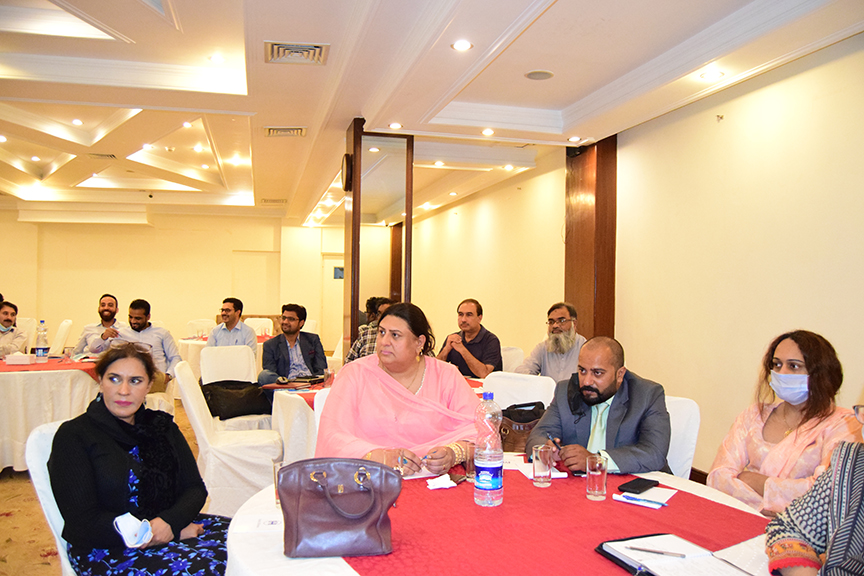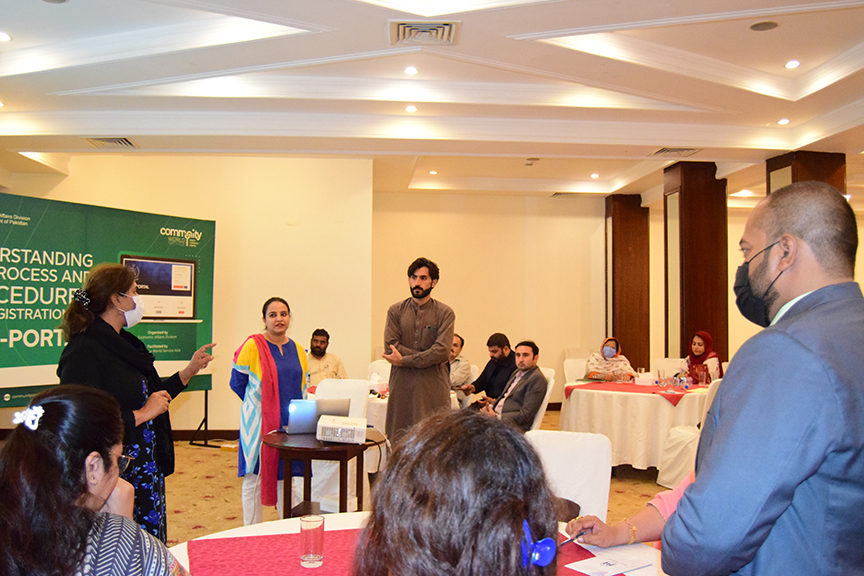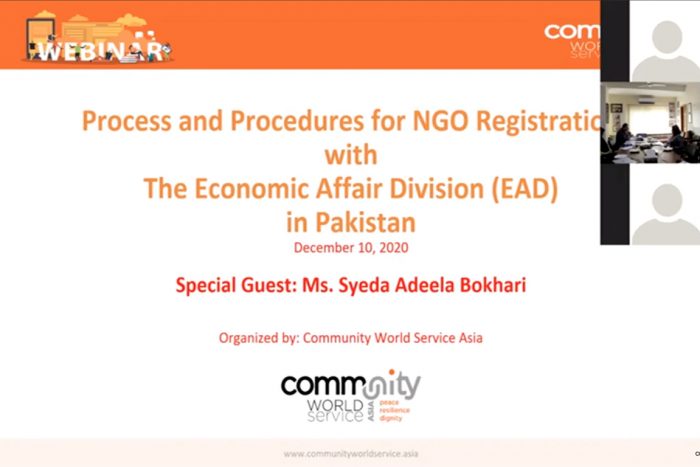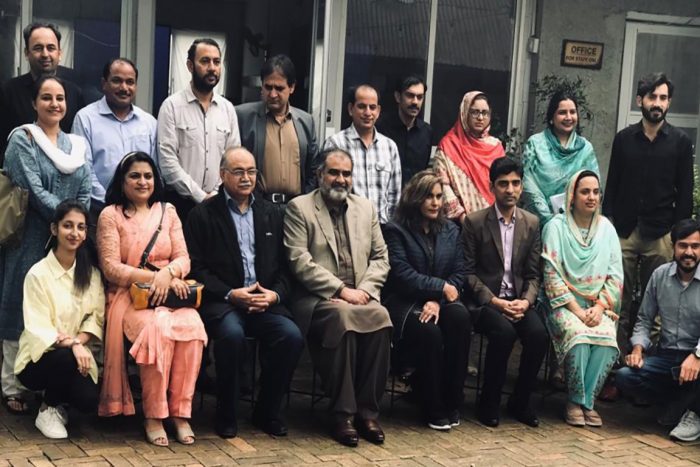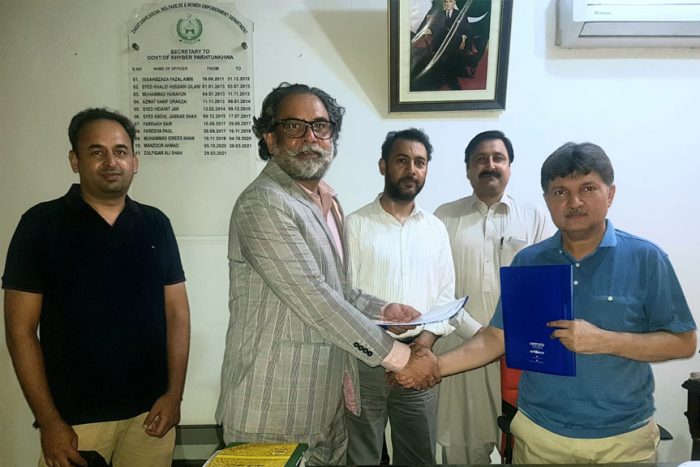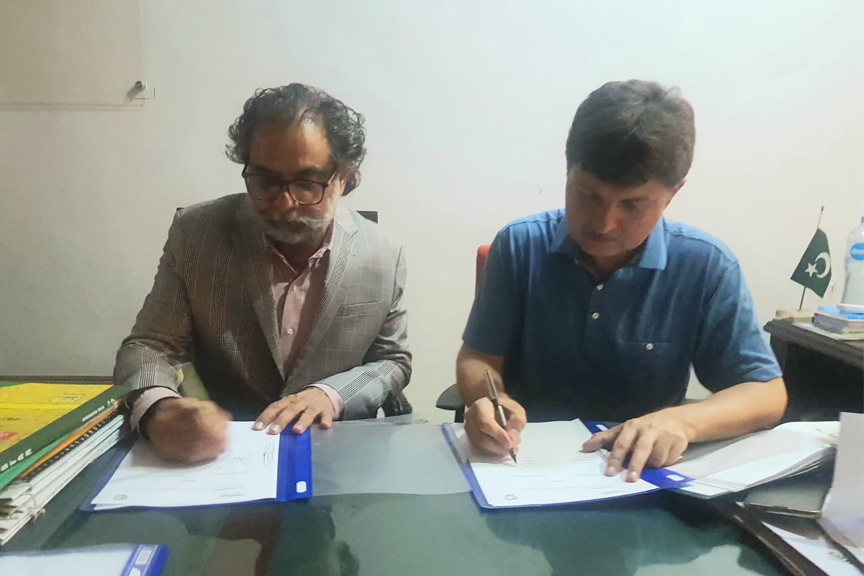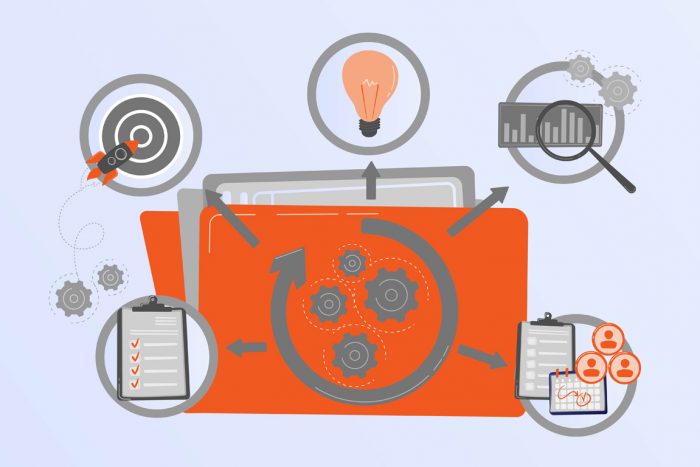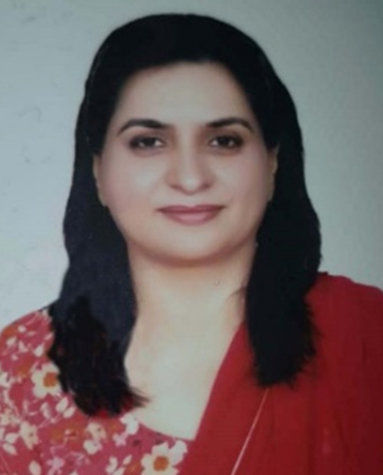In the world of social welfare, collaboration among stakeholders is essential for effective humanitarian, development and advocacy delivery and the meaningful safeguarding of crisis and disaster affected communities. A successful model of one such collaboration is the partnership between Community World Service Asia (CWSA) and the Social Welfare Department (SWD) in Punjab that has been working towards strengthening social welfare interventions throughout the province since 2021.
Under its Capacity Enhancement Program (CEP) aimed at assisting Civil Society Organisations (CSOs) in strengthening their capacity on institutional growth, CWSA has been supporting the SWD since 2021 in facilitating legal registration requirements and in obtaining funding from international sources, through the Economic Affairs Division (EAD). To further expand this work, CWSA is now partnering with Social Welfare Departments in not just Punjab province but also in KyberPakhtunkhwa (KPK) and Sindh on three key areas: revising and implementing NGO policies, building the capacities of both CSOs and SWD staff to fulfil registration criteria, and creating tools for organisational assessment, registration, and Memorandum of Understanding (MoU) processes.
Through workshops, advisory sessions, consultations and learning meetings, this collaboration has strengthened the SWD’s infrastructure, aiming to create a fairer and more inclusive system for social protection.
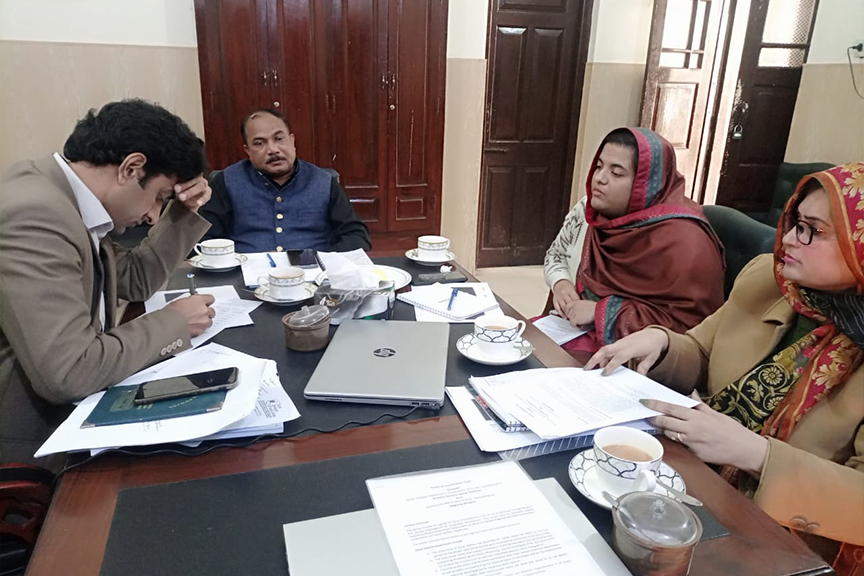
Equipping Changemakers: Capacity Building for CSOs and SWD
Under CWSA and SWD’s joint work, a series of trainings covering a wide array of subjects, ranging from Project Cycle Management and Proposal Writing to specialised areas like Social Mobilisation Skills and Techniques and Essentials of Humanitarian Practices through Mainstreaming Quality and Accountability into Programming are planned and conducted. These workshops have been designed to arm humanitarian practitioners with the skills and knowledge necessary to navigate the registration process on the EAD E-Portal successfully. Participants emerged from the sessions with a solid understanding of humanitarian principles, strategies for incorporating quality and accountability into their work, enhanced report writing abilities, and leadership skills aimed at achieving Sustainable Development Goals. These trainings are not just educational; but are empowering, enabling participants to make meaningful contributions to humanitarian, development and advocacy efforts.
“The training on Social Mobilisation Skills and Techniques proved to be highly interactive and comprehensive. The reviews and responses during the activities provided us with greater clarity, resulting in a thorough understanding of social mobilisation. The detailed explanation of the problem tree and objective tree enabled us to identify and address problems effectively.”– Uzma Saleem, Women Zone Welfare Society.
CWSA’s Quality and Accountability (Q&A) team tailored several training sessions specifically for the staff of SWD focusing on areas like Quality and Accountability for Project Cycle Management and navigating the EAD E-Portal and Challenges Faced by NGOs.
“I am deeply thankful to CWSA for hosting an insightful workshop that broadened our understanding of implementing Sustainable Development Goals (SDGs), including the roles played by the state, private sector, and CSOs. The training was rich with interactive sessions and group activities, fostering a comprehensive grasp of the SDGs, their indicators, and targets.” – Ijaz Orakzai, CAMP.
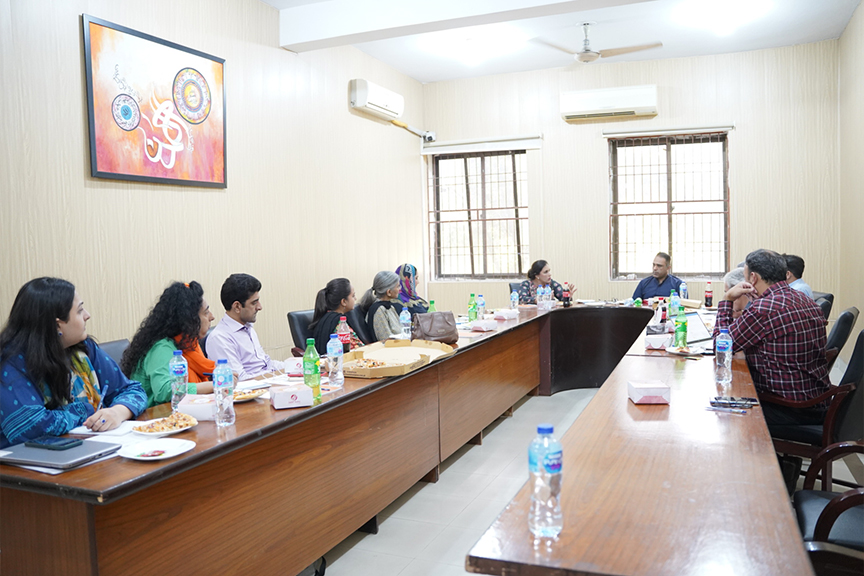
Beyond Training: Personalised Support Through Advisory Sessions
The collaboration also offers personalised support to NGOs and SWD staff through advisory sessions. These sessions focus specifically on navigating the legalities of NGO registration on the Economic Affairs Division’s (EAD) E-Portal.
A total of nine sessions have been held across various districts in Punjab, including Faisalabad, Rahim Yar Khan, Bahawalpur, Gujranwala, Lahore, Sargodha, and Rawalpindi. The SWD Punjab plays a crucial role by facilitating these sessions and inviting local NGOs to participate.
These advisory sessions prove highly valuable for CSOs. So far, participants have gained a clear understanding of the E-Portal registration process, including what documents are required, application completion procedures, and any potential challenges that might arise. This personalised guidance empowers CSOs to navigate the registration process efficiently, increasing their chances of securing legal recognition and accessing foreign grant funding.
Bridging the Gap: The NGO Helpdesk and a Smoother Registration Process
Recognising the broader challenges faced by NGOs across Pakistan, further steps have been taken to streamline the legal registration process. A key initiative to do this effectively was the signing of a Memorandum of Understanding (MoU) between CWSA and the Economic Affairs Division (EAD).
Following this, CWSA set up an NGO Help Desk within the Economic Affairs Division, aimed at clarifying procedures for NGOs and easing the administrative delays that often hamper the MOU acquisition process. With the launch of EAD’s online E-Portal for NGO Registration in 2022, CWSA contributes by providing human resources to assist in uploading data for existing NGOs onto the portal. The establishment of the NGO Help Desk proves to be a significant aid for NGOs fulfilling regulatory compliance and registration processes with EAD and Social Welfare Departments (SWDs). The help desk has been particularly effective, with 64% of NGOs reporting that they received valuable follow-up support during their registration processes with SWD and EAD. Additionally, 80% of NGOs that participated in capacity-building workshops successfully met all regulatory compliance requirements for their registration and EAD MoU applications.
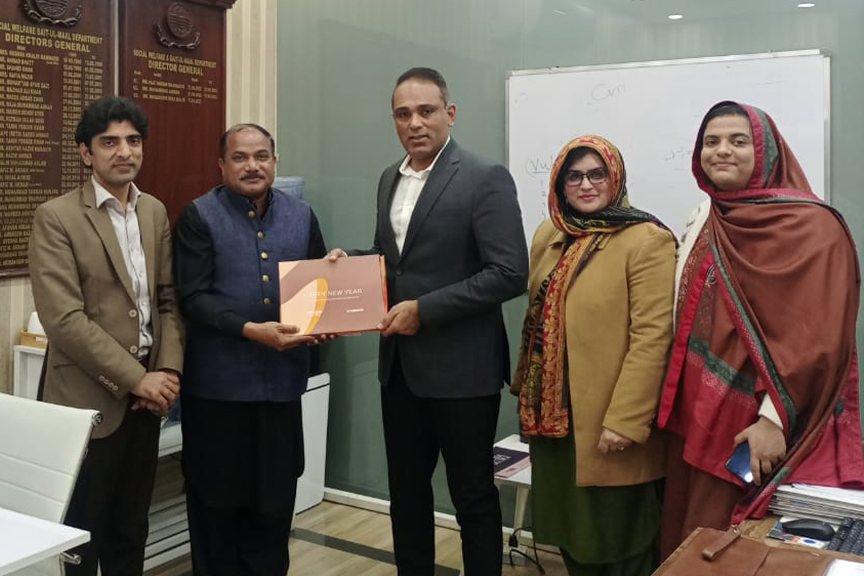
Empowering the Social Welfare Department: Collaboration and Progress
Safar Abbas, Deputy Director, SWD Punjab, acknowledges the critical role CWSA has been playing in enhancing policy frameworks and operational guidelines at both the federal and provincial levels. Through active discussions and engagements with relevant authorities, CWSA has been instrumental in updating the NGO Policy of 2013, effectively disseminating the revised policies among NGOs and Social Welfare Departments via advisory sessions, seminars, webinars, and roundtable discussions.
The collaboration has led to the revision of the SWD’s Standard Operating Procedures (SOPs), aligning them with current needs and international best practices. This includes the development and notification of updated SOPs for NGOs, alongside orientation sessions for SWD officers in KPK, ensuring a robust and practical framework for operational efficiency and compliance.
Between February 2021 and September 2022, CWSA conducted 11 webinars on key topics such as NGO Registration via E-Portal, Regulatory Compliances, and the SOPs/Policies of EAD and SWD, engaging 677 participants from 562 organisations. From March 2021 to June 2023, a number of seminars were held across the provinces of Sindh, Punjab, and KPK, focusing on registration processes, compliance, and the role of responsible civil society organisations.
Roundtable discussions brought together NGOs, SWD officials, and other stakeholders to tackle prevalent issues, leading to significant progress in policy alignment and procedural uniformity across provinces. These dialogues have set the stage for closer collaboration in drafting provincial NGO policies and streamlining e-registration processes.
Key achievements from these discussions include the drafting of a Memorandum of Understanding (MoU) between CWSA and SWD KPK, symbolising a formal commitment to ongoing partnership. Additionally, these meetings have opened channels of communication and coordination between the Social Welfare Departments of Punjab and KPK, with SWD Punjab offering its support to KPK in developing its NGO E-Portal and sharing updated NGO SOPs.
In its continuous effort to enhance visibility and advocacy, CWSA has also supported the Social Welfare Training Institute in Lahore by contributing to its Biannual Newsletters and developing a comprehensive ‘Step by Step Guide for Registration with EAD E-Portal’. This guide is now available in English and will soon be translated into Urdu, further improving its reach and access among all stakeholders.
Beyond its collaboration with CWSA, SWD actively works towards fostering a broader collaborative environment, engaging with other governmental bodies like the Economic Affairs Division (EAD) and the Charity Commission. This collective effort creates a unified and efficient framework for enhancing service delivery and improving operational practices. By facilitating meaningful discussions among EAD, Social Welfare Departments, the Charity Commissions, and other key stakeholders, CWSA has been a catalyst in the development of Provincial NGO Policies/Guidelines. These efforts ensure a harmonised legal framework for NGOs, eliminating redundancies and inconsistencies in regulatory requirements.
Another key outcome of these discussions is the agreement on standardised compliances and the integration of approval processes. The innovative step of linking the Social Welfare Department’s e-portal with that of the Charity Commission has notably streamlined the NGO registration process. This integration facilitates a more efficient, transparent, and user-friendly approach to NGO management and oversight.
Looking at the Future
“These engagements have not only fostered a culture of learning and improvement but have also significantly enhanced the efficacy of social welfare initiatives. By working together, these departments and organisations are better equipped to address the needs of the affected communities, optimising the impact of our efforts towards social welfare and community development,” states, Safar Abbas as she highlights the value of this partnership, underscoring the importance of exchanging best practices and leveraging collective experiences
“There is still a need for uniform compliance across all NGOs to ensure consistency, transparency, and effectiveness in service delivery,” shares Safdar, “Such standardisation can enhance accountability and improve the overall impact of NGOs on society. The SWD can play a significant role in establishing uniform compliance by acting as a regulatory body that develops and enforces compliance standards.”
The collaboration between CWSA and the SWD exemplifies the transforming power of partnerships in driving social change.

